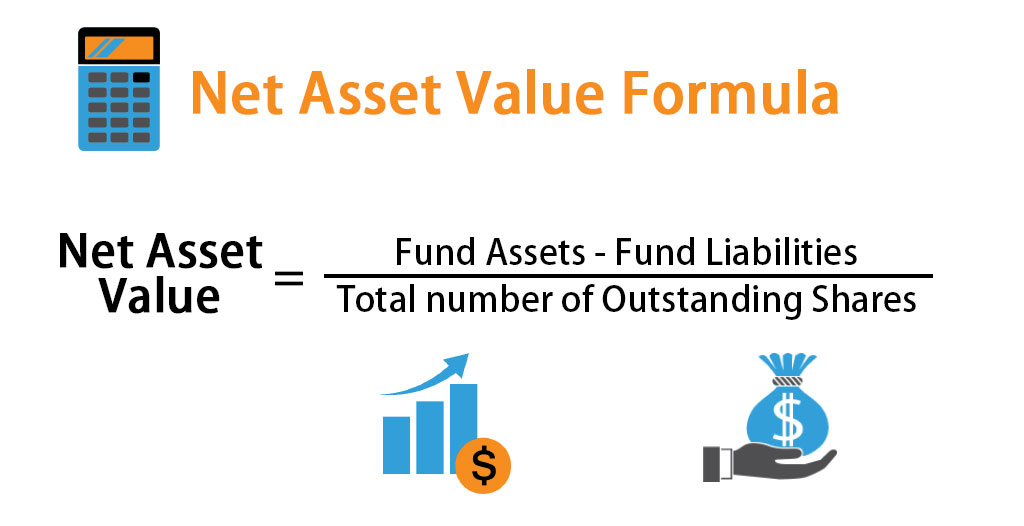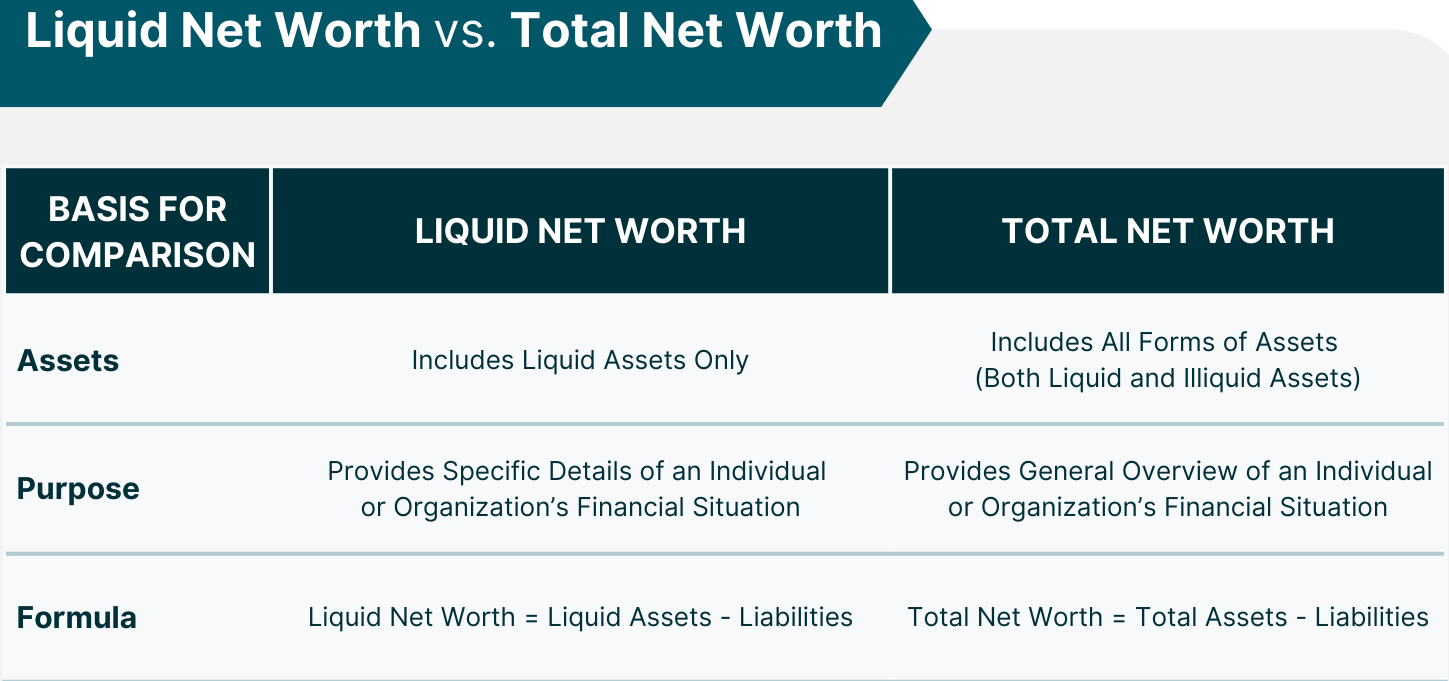Which assets appreciate in value?
Which assets appreciate in value? User Intent Users searching for “Which assets appreciate in value?” are typically looking for investment opportunities that grow over time. They may be beginners or experienced investors seeking to diversify their portfolios. This article provides a structured approach to understanding appreciating assets, their applications, benefits, limitations, and comparisons.… Read More »









